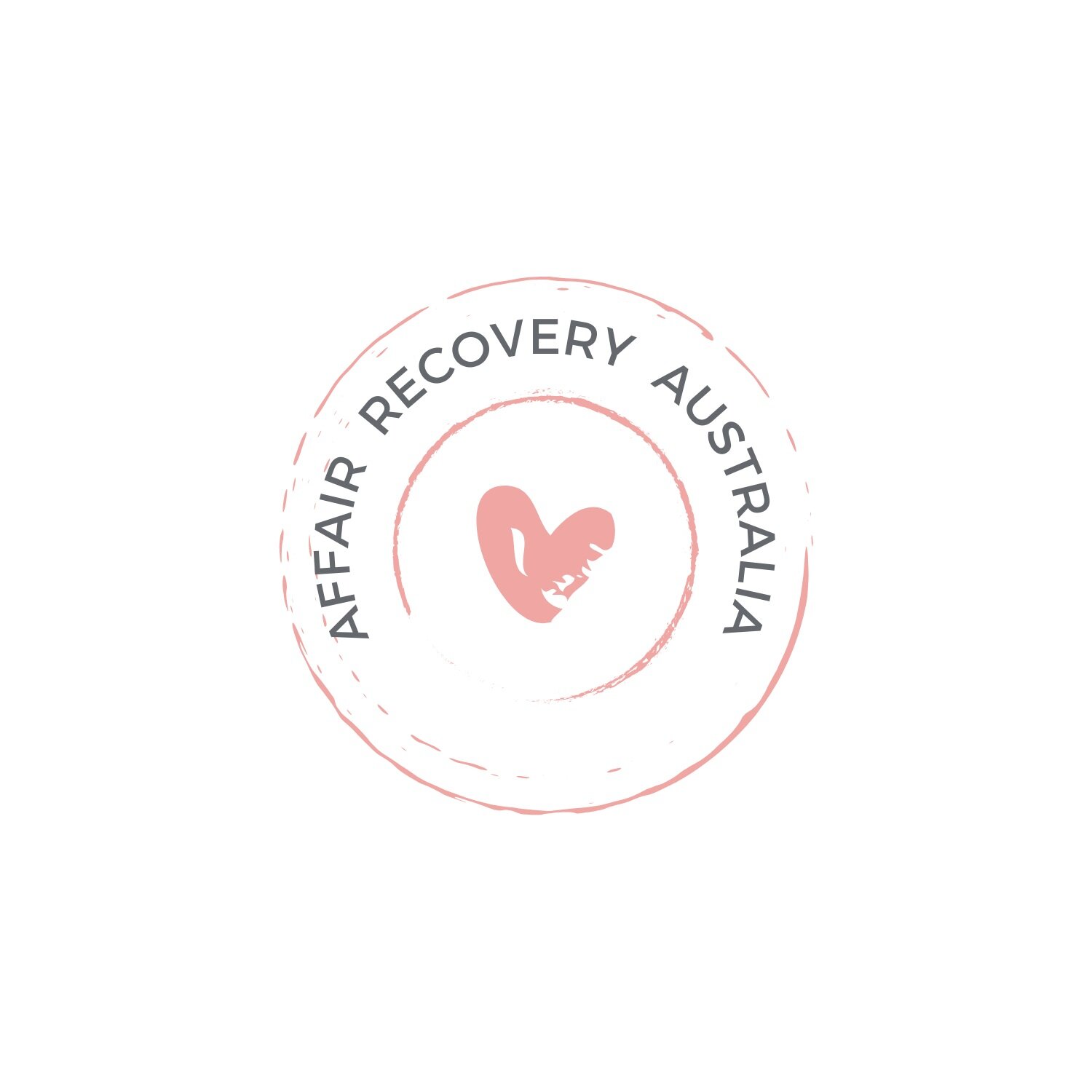
This post is based on the discussion at my BAN meeting last Tuesday night. A member had asked the question: Maybe we could talk about how the betrayed partner would know when the time comes to stop trusting an untrustworthy partner, and to move on for our own safety?
Making the decision to end the relationship will always be a balance of many factors and only you can decide what is right for you. Talk to someone you trust, seek help and remember you are not alone.
In affair recovery the feeling of safety is an illusion at first and it may take a long time before you feel truly safe. That is why I encourage people to take their time before making a decision about whether to stay or go. I think you need to look for the signs outlined below and know that if they are there you are moving forward on a good path.
One of the ways I always found useful to bring some more objectivity to my thinking in a time of high emotion was to find an example that made sense but had nothing to do with emotional wounds – something more concrete.
Just say your partner tripped you up. Simply stuck their foot out in front of you (maybe at the top of the stairs) and broke both your legs and both your arms (extreme but I am trying to prove a point! Emotional wounds from affairs are pretty extreme). They may not have meant for you to walk that route and get tripped up but it happened. What now? What would you expect to see from your partner after something like that?
Simply
- Extreme remorse that they caused you so much harm
- Willingness to do whatever it takes to make it up to you
- Willingness to support you while you mend
Broken limbs are fairly obvious, they have a time limit that is pretty clear and a doctor to declare it is over and you are mended. Affairs don’t work that way – emotional wounds are invisible but the same principles apply.
Take each one in turn:
Extreme remorse that they caused you harm
Signs: taking full responsibility for their own actions – no blaming. Understanding the full impact of the wound they have inflicted; apologising sincerely
Willingness to do whatever it takes to make it up to you
Signs: immediately restore safety to the relationship by cutting all ties to affair partner(s) and anything that lead to the affair such as internet; commit to honesty; transparency/no more secrets (handing over their phone/email passwords etc); actively rebuilding the trust; actively rebuilding the relationship.
Willingness to support you while you mend
Signs: being there for you in your pain; being able to hear it understand it and empathise with it; helping you deal with the craziness/triggers/flashbacks; answer all questions; deal with all emotions; hanging in there for as long as it takes
While this may seem reasonable there are many reasons why it doesn’t happen immediately. Here are just some …
- They are too caught up in their own pain to notice yours
- They are sitting on the fence not sure which relationship to go with
- They have told themselves a big story about it being your fault to justify their behaviour (beating you up)
- They have told themselves a big story that no matter what they do it won’t be good enough so why bother (in fact a number of big stories get in the way of affair recovery)
- You are both or one of you is too reactive to talk calmly about it
- They believe that they are a bad person and don’t deserve to ever move past what they have done so why bother (beating themselves up)
- They don’t know what to do or how to do it and you don’t know how to ask for it or tell them.
- One or both of you avoid the relationship pain by focussing elsewhere – busy at work; family etc
What can you do?
- Seek Help – find someone who you and your partner trusts who can help you out - initially that may be family or friends, or a counsellor to help you move through the process. You need to move beyond the blocks to healing and often help is needed for that.
- Be willing to Learn what you don’t know how to do and see the commitment from your partner that they are also willing to learn.
- Give it Time – nothing will be “fixed” in a week. Average recovery time is around 2 years.
- Accept that you will both move at different speeds in recovery and may not be on the same page sometimes but as long as the commitment is there you will keep moving forward.
- Understand that you are each responsible for your own recovery – you cannot change your partner and vice versa – you must both be open to the idea that change may be required and take responsibility for your own part.
If you have done all of that and they have still not been able to make amends or worse are still lying or cheating it may be time to accept that for them the relationship was not as important as it was to you and make a plan to move on.

